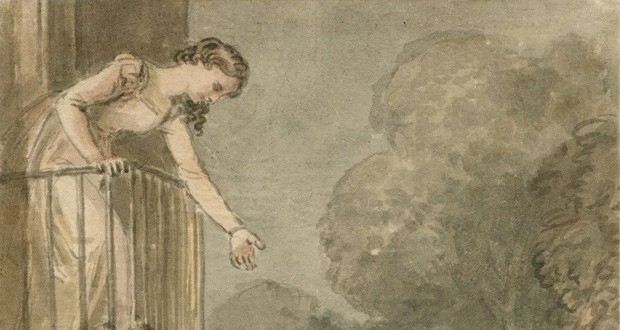New Reflections on the Spelling Issue: “What’s in a Name?”
Professor Bryan H. Wildenthal’s latest essay explores the same issue about which Juliet famously mused: “What’s in a name?” Specifically, what’s in the spelling of a name?

Wildenthal argues that the differences in spelling between “Shakespeare,” “Shakspere,” and their variants do not provide the strongest argument for doubt about the authorship of the works of “William Shakespeare,” the likely pseudonym of Edward de Vere, 17th Earl of Oxford (1550–1604), works conventionally said to be written by William Shakspere of Stratford-upon-Avon (1564–1616).
But Wildenthal points out that the spelling issues do raise interesting questions and add to the background evidence suggesting early doubts about the identity of this author. Such early Shakespeare authorship doubts are the subject of his 2017 conference presentation and his new book (of which this essay forms a part). (The book was published in June 2019; see the essay, note 1.)
Wildenthal’s essay also debunks an erroneous argument by Stratfordian scholar Terry Ross (posted for many years on the Kathman-Ross “Shakespeare Authorship” website), about how to interpret the phrase “first heir of my invention” in the dedication of Venus and Adonis (1593).
He further debunks yet another of the many erroneous or tendentious statements in Professor James Shapiro’s biased Stratfordian tract, Contested Will (2010): the false double claim that “[t]here’s no pattern” to the spelling of the author Shakespeare’s published name and that it was sometimes published as “Shakspere.” Indeed, as Wildenthal shows, an essay by David Kathman on the Kathman-Ross website had already (before the publication of Shapiro’s book, which ironically praised the website) refuted those very claims that Shapiro falsely asserted in his book.
Wildenthal shows that various points asserted by additional orthodox Stratfordian scholars, notably David Riggs, Ian Donaldson, and Samuel Schoenbaum, provide still more support for non-Stratfordian perspectives on these spelling issues.
You can read the essay here.
[published Aug. 9, 2018, updated July 2020]
Membership dues cover only a fraction of our budget, including all our research, preservation and programming. Please support the SOF by making a gift today!
Blue Boar Tavern: Wassail Q&A
Tuesday Dec. 17, 8pm E / 5pm P
Sign up below for event invites!
